Hyundai Creta EV vs. Maruti Suzuki e-Vitara: A Comprehensive Comparison
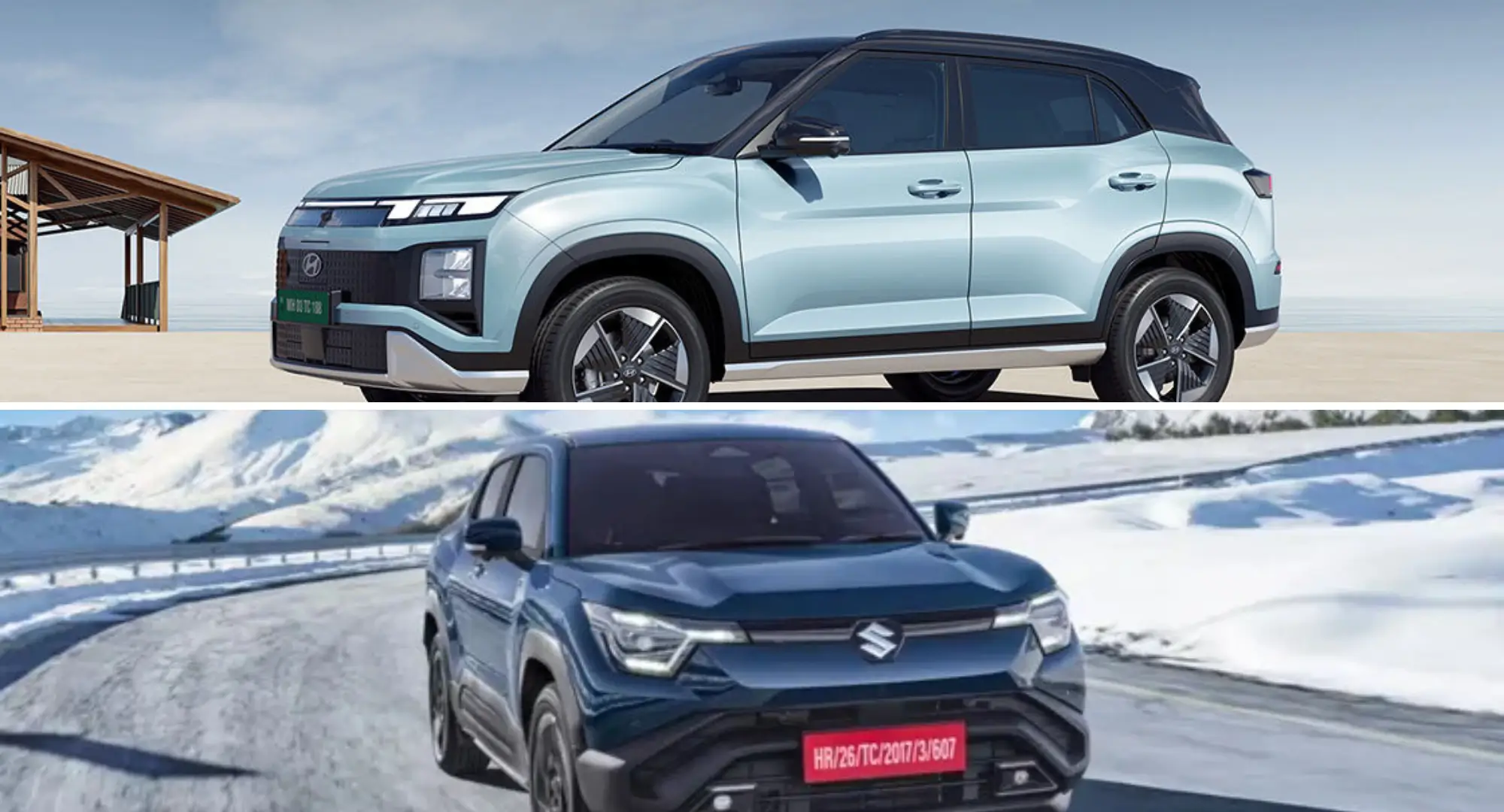
22 Jan 2025
As the electric vehicle (EV) market continues to expand in India, Hyundai and Maruti Suzuki have introduced their contenders in the compact SUV segment: the Hyundai Creta EV and the Maruti Suzuki e-Vitara. This blog dives into the specifications, features, and how these two vehicles stack up against each other.
Hyundai Creta EV: Overview
The Hyundai Creta EV builds upon the success of the popular ICE (Internal Combustion Engine) Creta, now transitioning into the electric age.
Key Specifications:
- Battery Pack: 60 kWh Lithium-ion battery
- Driving Range: ~450 km (ARAI-certified)
- Motor Power: 150 kW (201 hp)
-
Charging Time:
- DC Fast Charger: ~1 hour (10-80%)
- AC Home Charger: ~7 hours (0-100%)
- Top Speed: 165 km/h
- Acceleration: 0-100 km/h in ~8.5 seconds
Key Features:
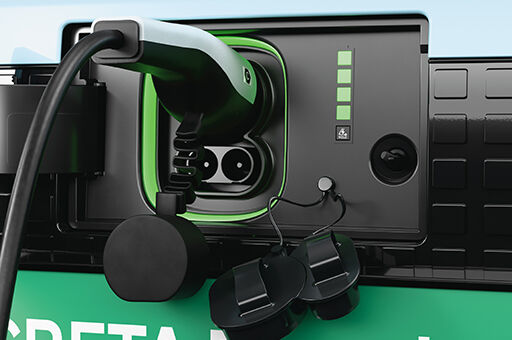
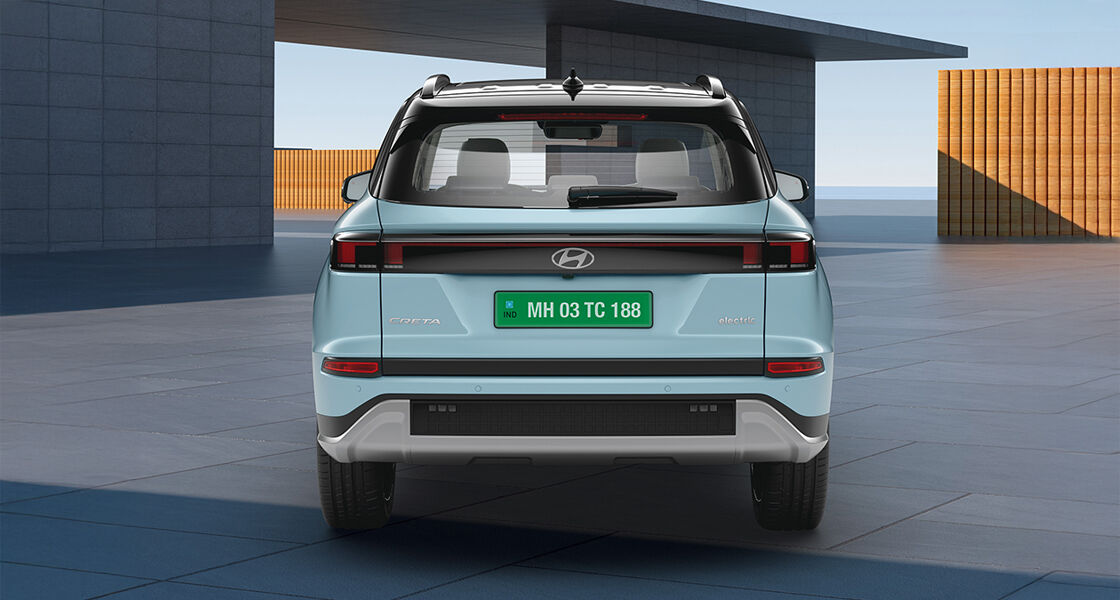
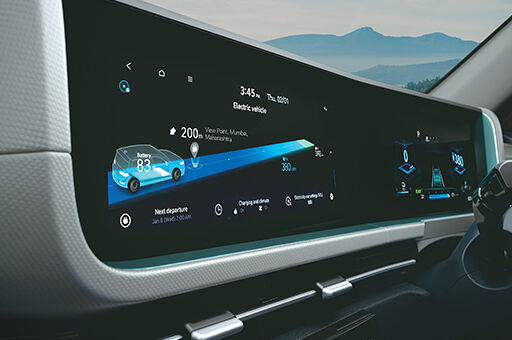
- Advanced driver-assistance systems (ADAS) including adaptive cruise control, lane-keeping assist, and blind-spot monitoring.
- 10.25-inch touchscreen infotainment system with wireless Android Auto and Apple CarPlay.
- Over-the-air (OTA) software updates.
- Premium interiors with ventilated seats and an electronic sunroof.
- Vehicle-to-Load (V2L) feature for powering external devices.
Price (Expected):
₹19-23 lakhs (ex-showroom)
Maruti Suzuki e-Vitara: Overview
Maruti Suzuki enters the EV space with the e-Vitara, designed to cater to India’s growing demand for sustainable mobility while ensuring affordability.
Key Specifications:
- Battery Pack: 48 kWh Lithium-ion battery
- Driving Range: ~400 km (ARAI-certified)
- Motor Power: 130 kW (174 hp)
-
Charging Time:
- DC Fast Charger: ~50 minutes (10-80%)
- AC Home Charger: ~6.5 hours (0-100%)
- Top Speed: 150 km/h
- Acceleration: 0-100 km/h in ~9.2 seconds
Key Features:
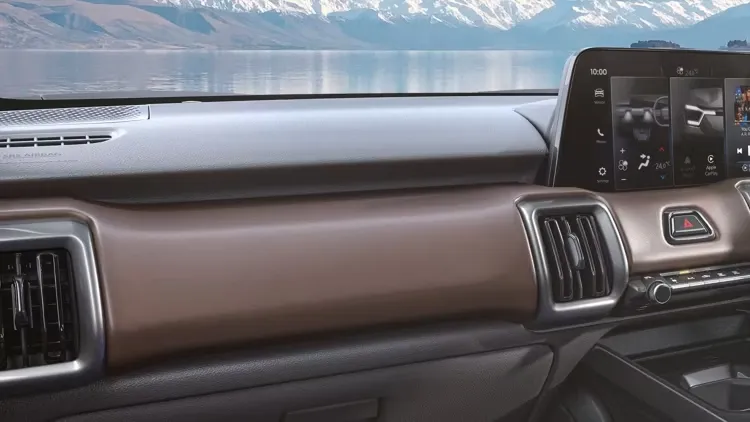

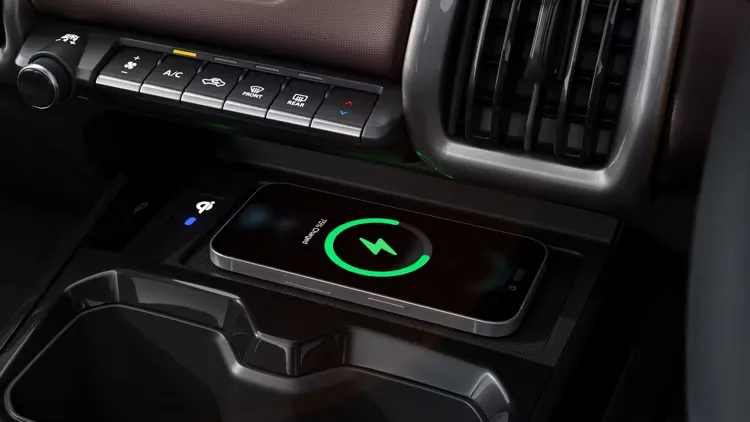
- Smart Hybrid Technology for improved energy management.
- 9-inch infotainment system with SmartPlay Pro+ and voice commands..
- Connected car features including remote locking, geo-fencing, and live tracking.
- Dual-zone climate control.
- Strong safety suite with 6 airbags, ABS with EBD, and ESP.
Price (Expected):
₹16-20 lakhs (ex-showroom)
Hyundai Creta EV vs. Maruti Suzuki e-Vitara: Key Comparisons
| Feature | Hyundai Creta EV | Maruti Suzuki e-Vitara |
|---|---|---|
| Battery Capacity | 60 kWh | 48 kWh |
| Range | ~450 km | ~400 km |
| Motor Power | 150 kW (201 hp) | 130 kW (174 hp) |
| Charging (DC) | ~1 hour (10-80%) | ~50 minutes (10-80%) |
| Infotainment System | 10.25-inch | 9-inch |
| ADAS Features | Advanced (Level 2) | Basic |
| Price Range | ₹19-23 lakhs | ₹16-20 lakhs |
Performance and Driving Experience
The Hyundai Creta EV’s higher motor power ensures quicker acceleration and better highway performance, while the e-Vitara focuses on a balanced drive with its Smart Hybrid Technology. The Creta EV’s extended range is an advantage for long-distance travelers, but the e-Vitara’s slightly quicker charging time may appeal to city commuters.
Interior and Comfort

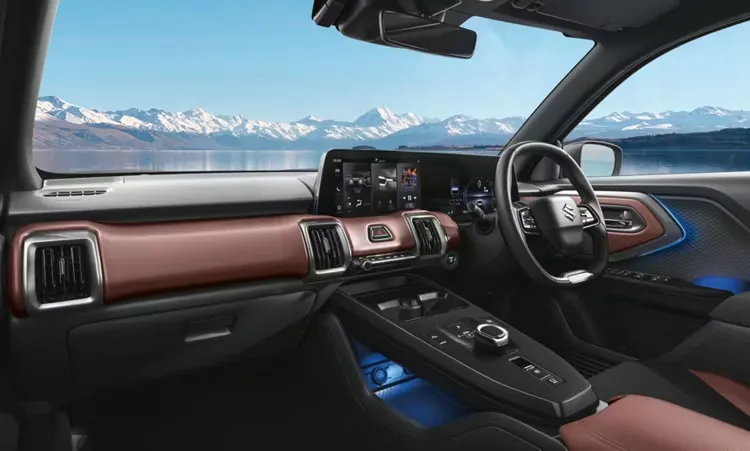
Hyundai has packed the Creta EV with premium features such as ventilated seats, a panoramic sunroof, and a larger touchscreen. The Maruti e-Vitara, while more affordable, offers practical features like dual-zone climate control and connected car technology. Both vehicles ensure spacious cabins and top-notch safety features.
Final Verdict
The choice between the Hyundai Creta EV and the Maruti Suzuki e-Vitara depends largely on your budget and driving priorities. If you seek a premium electric SUV with advanced features and a longer range, the Hyundai Creta EV is a better fit. On the other hand, if affordability and practicality are your main concerns, the Maruti Suzuki e-Vitara offers excellent value for money.
Choosing between the Hyundai Creta EV and the Maruti Suzuki e-Vitara depends on your priorities, as both vehicles cater to slightly different needs. Here's a breakdown of which one might suit you better:
Choose the Hyundai Creta EV if:
1. You prioritize performance and features:
- With a more powerful motor (150 kW vs. 130 kW) and faster acceleration (0-100 km/h in ~8.5 seconds), the Creta EV delivers better highway and overtaking performance.
- Premium features like ventilated seats, a larger infotainment system, ADAS (Level 2), and vehicle-to-load (V2L) functionality make it feel more luxurious.
2. You need a longer range:
- The ~450 km range gives it an edge for long-distance travel, reducing the need for frequent charging on road trips.
3. You want a premium, tech-rich experience:
- The Creta EV has a higher focus on advanced technology, making it suitable for buyers seeking cutting-edge convenience.
Choose the Maruti Suzuki e-Vitara if:
1. Affordability matters most:
- With a lower expected price (\u20b916-20 lakhs vs. \u20b919-23 lakhs), the e-Vitara is the more budget-friendly option while still offering great value.
2. You're looking for practicality:
- While it has slightly less range (~400 km), the faster DC charging (~50 minutes vs. ~1 hour) is a practical advantage for daily city use and shorter charging stops.
3. You want reliability and proven service:
- Maruti Suzuki’s extensive service network and reputation for affordable maintenance might appeal to cost-conscious buyers.
- Hyundai Creta EV: Ideal for buyers seeking a premium EV experience with advanced features, longer range, and powerful performance.
- Maruti Suzuki e-Vitara: Perfect for budget-conscious buyers who want a practical, reliable, and affordable electric SUV.
If budget isn't a constraint, the Creta EV is the better option overall. However, for a balance between cost and functionality, the e-Vitara wins.